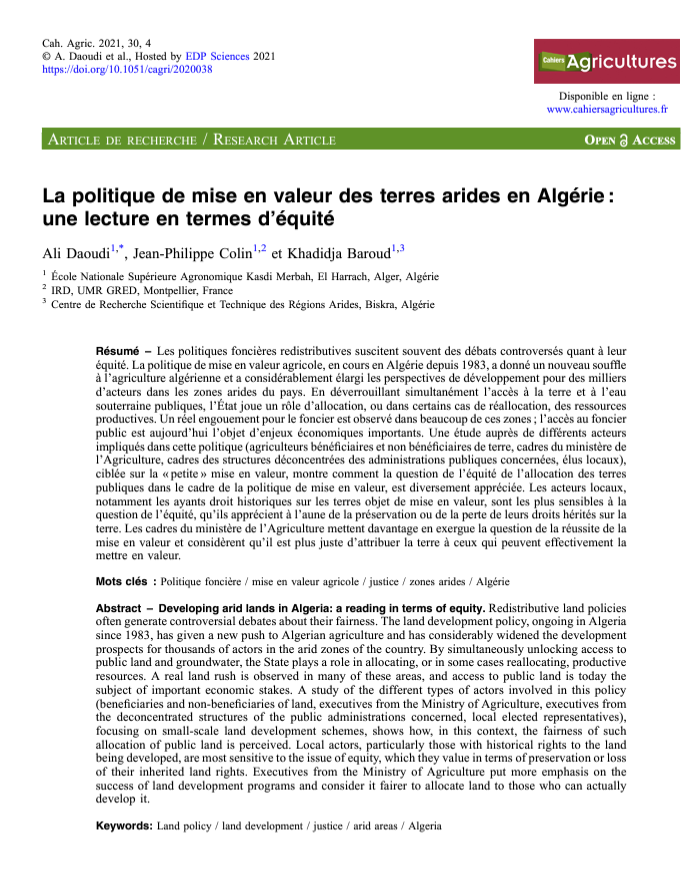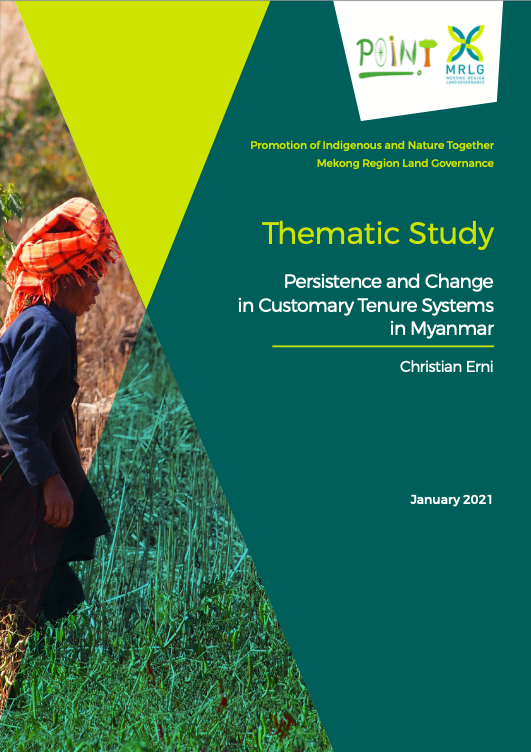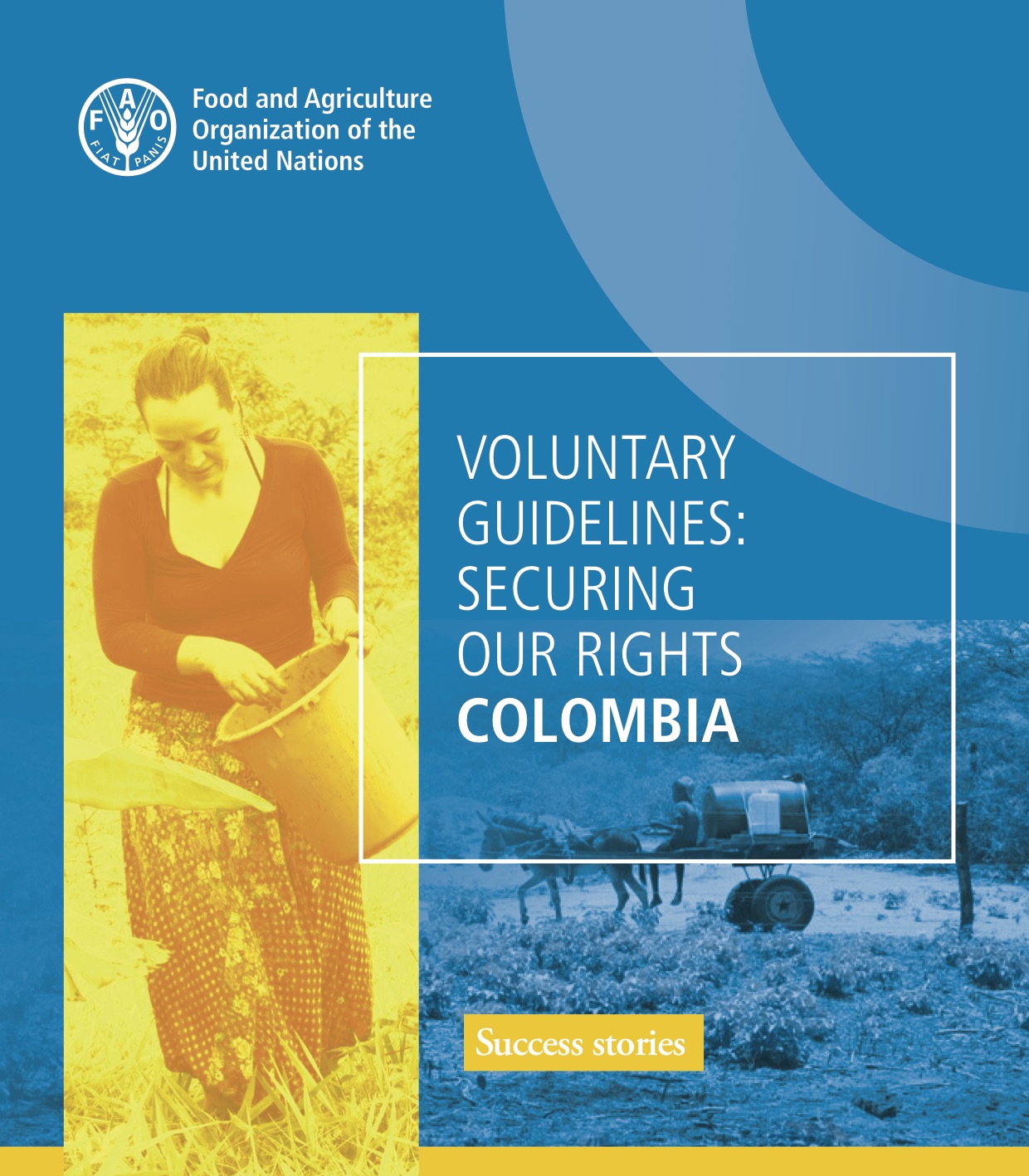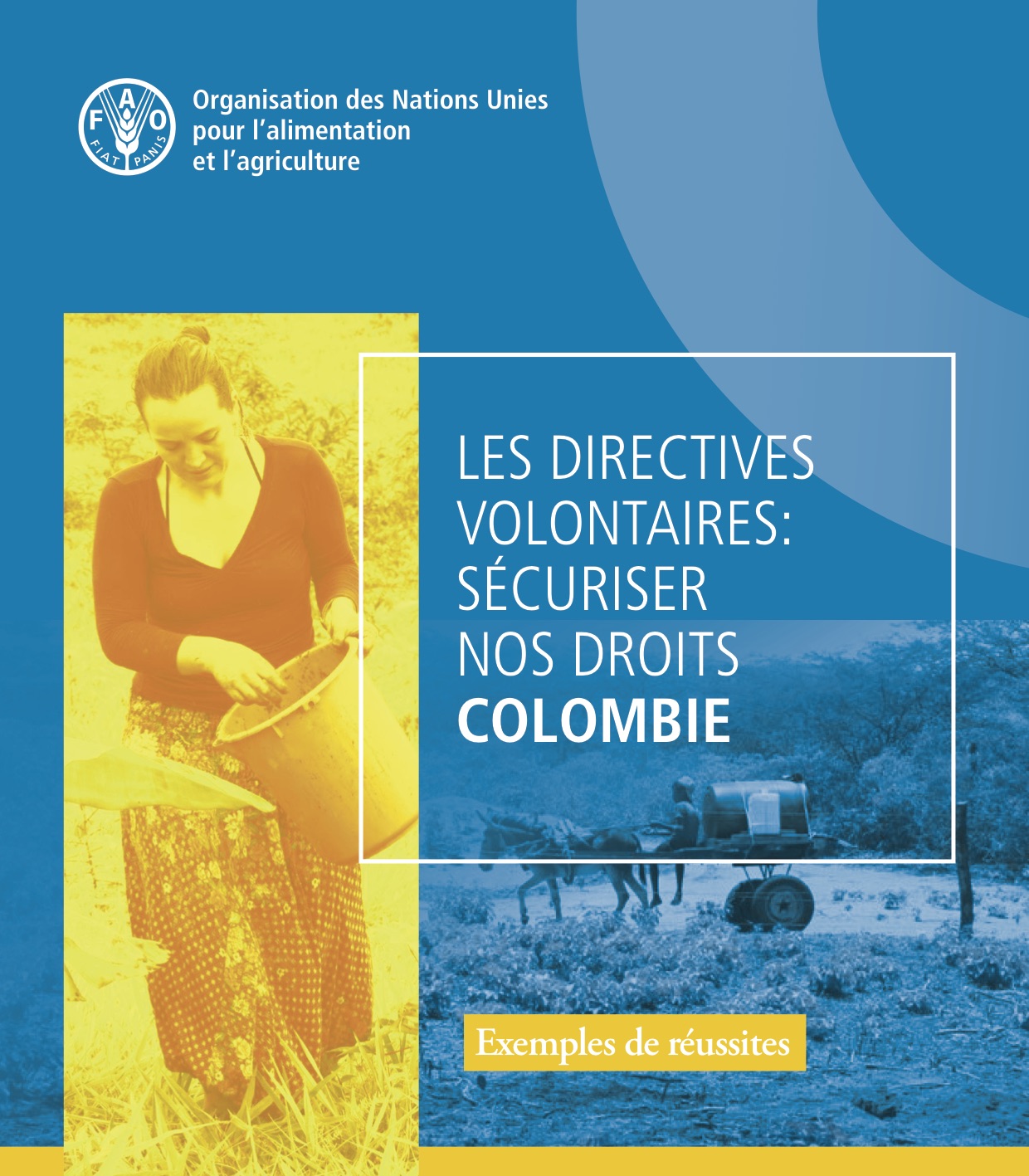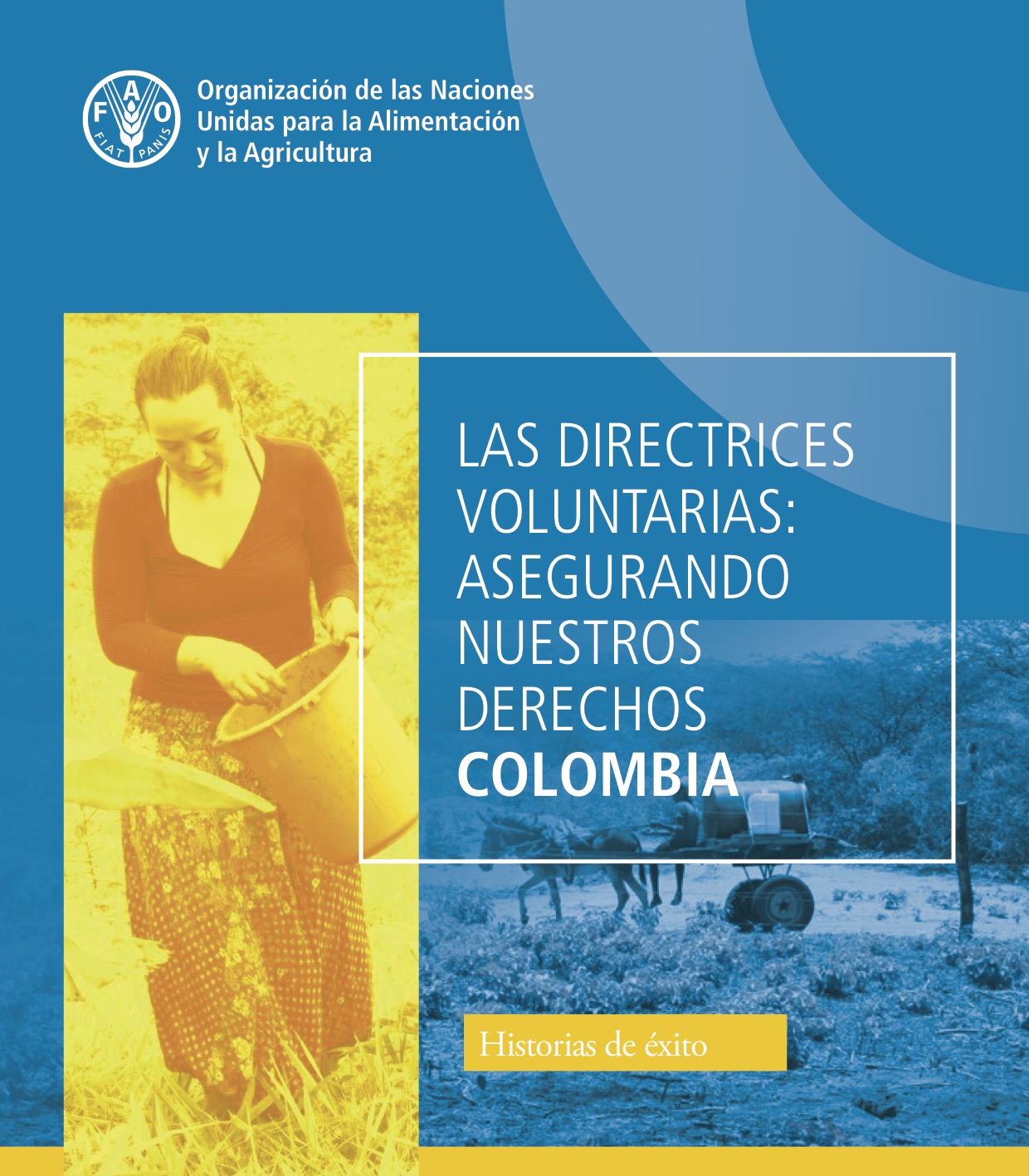Assessing Interactions between Agriculture, Livestock Grazing and Wildlife Conservation Land Uses: A Historical Example from East Africa
Despite mobile livestock grazing being widely recognized as one of the most viable and sustainable land uses for semi-arid savanna, which can deliver clear wildlife conservation benefits, the levels of pastoral sedentarization and transitions to agricultural livelihoods continue to rise in many pastoral communities across the world. Using questionnaire interviews with community elders, our study assessed changing trends in livestock grazing, wildlife conservation, and sedentarization levels from the 1960s to the present day across three savannas in southern Kenya.


